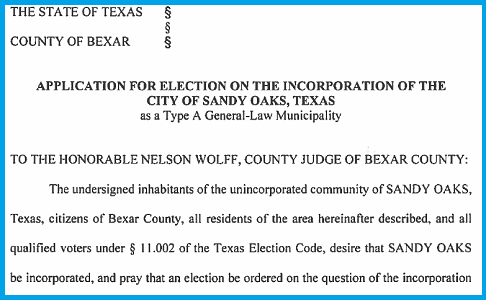How Long for Government to Process Business Incorporation?

Business incorporation is a pivotal step for entrepreneurs looking to legitimize their business ventures. Whether it's to gain credibility, secure funding, or protect personal assets, the process of incorporation is not to be taken lightly. One of the questions at the forefront of an entrepreneur's mind often is, How long does it take for the government to process a business incorporation? Understanding the timeline, the factors that influence it, and the steps involved can streamline your expectations and planning.
Factors Affecting the Incorporation Timeline

Several variables impact the duration of business incorporation:
- Type of Business Entity: The choice between an LLC, Corporation, Partnership, or Sole Proprietorship can affect the complexity and therefore the time required for processing.
- State or Country Jurisdiction: Incorporation times vary significantly from one jurisdiction to another. For instance, some states in the U.S. like Delaware are known for faster incorporation processes.
- Completeness and Accuracy of Documents: Any errors or missing information can lead to delays as the filing must be corrected and resubmitted.
- Approval Time for Unique Names: If your chosen business name is already taken or deemed too similar to existing entities, this could cause delays.
- Government Processing Time: Government offices may take longer during peak filing periods, such as the end of fiscal years or holidays.
Typical Timeframes for Incorporation

Here’s a general outline of incorporation timeframes in various scenarios:
| Country/State | Typical Timeframe | Notes |
|---|---|---|
| United States | 1-5 Business Days | Delaware is among the fastest at 1-2 days. Some states can take up to 10 days. |
| Canada | 5-10 Business Days | Online filings are typically faster. |
| United Kingdom | 24-48 Hours | Online applications are processed quickly. |
| Australia | 1-2 Business Days | Uses an electronic system for faster processing. |

Steps Involved in Incorporation

To understand the potential delays, it’s crucial to know the typical steps:
- Choose a Business Structure: Deciding on the legal structure of your business influences the required documents and filings.
- Choose a Business Name: Ensure it’s unique, check for availability, and reserve if necessary.
- File Articles of Incorporation: This formal document is submitted to the relevant government agency.
- Pay Filing Fees: Processing fees vary by jurisdiction.
- Submit Required Documents: This may include an EIN application (for the US), business plan, and other state-specific forms.
- Wait for Approval: This step includes the review, potential requests for additional information, and final approval.
📢 Note: Online filing systems generally expedite the process, but ensure all entered information is correct to avoid delays.
Expediting the Incorporation Process

There are ways to expedite the incorporation process:
- Expedited Filing Services: Many jurisdictions offer a paid expedited service for an additional fee.
- Professional Filing Services: Using a service or lawyer can help navigate potential pitfalls in the filing process.
- Check Document Accuracy: Triple-check documents to prevent rejections due to errors.
Understanding these factors and steps can significantly improve your planning for incorporating a business. While there's no universal answer to how long it will take, most entrepreneurs find that the process is reasonably quick when properly managed. As you prepare to incorporate, keeping an eye on potential delays and having a backup plan can ensure that you're not caught off-guard by the governmental bureaucratic process.
How can I expedite the incorporation process?

+
You can expedite incorporation by choosing jurisdictions with faster processes, ensuring all documents are correctly prepared, paying for expedited services, and possibly hiring professionals to assist in the filing.
Can I start doing business before incorporation?

+
In many jurisdictions, you can begin operations as a sole proprietor or under certain circumstances as a partnership before incorporation. However, this can limit your liability protection and access to funding.
What are the common reasons for delays in incorporation?

+
Delays can occur due to errors in filing documents, unavailable business names, incomplete applications, or backlog in government processing times.